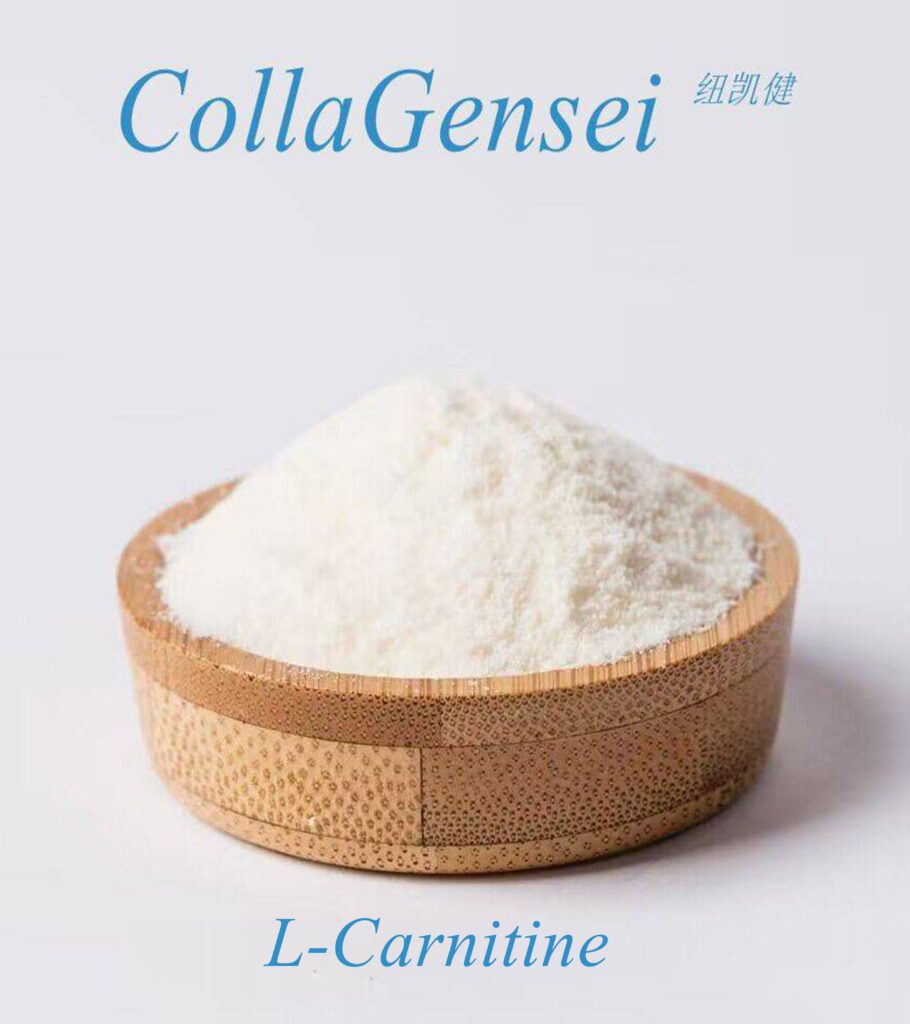As more people seek natural supplements to support joint health and alleviate discomfort, glucosamine and fish collagen have emerged as popular options. Both are frequently used to manage joint pain, enhance mobility, and promote overall joint wellness. However, they differ in their origins, mechanisms of action, and specific benefits. This article explores the differences and similarities between glucosamine and fish collagen, helping you make an informed choice about which might be best for your needs.
What is Glucosamine?
Glucosamine is a naturally occurring compound found in cartilage, the flexible tissue that cushions joints. It is classified as an amino sugar and plays a vital role in the formation and repair of cartilage. As a dietary supplement, glucosamine is often derived from shellfish or produced synthetically. It is commonly used to treat osteoarthritis, a degenerative joint disease characterized by the breakdown of cartilage.
Benefits of Glucosamine
- Pain Relief: Many studies suggest that glucosamine can effectively reduce joint pain and stiffness, especially in individuals with osteoarthritis. Some research indicates that it may work as well as non-steroidal anti-inflammatory drugs (NSAIDs) in managing pain.
- Improved Joint Mobility: Regular supplementation with glucosamine may enhance joint flexibility and mobility, making everyday activities easier for those with joint issues.
- Cartilage Support: Glucosamine is believed to support the maintenance and repair of cartilage, potentially slowing the progression of osteoarthritis and other degenerative joint conditions.
- Anti-Inflammatory Properties: Glucosamine may possess anti-inflammatory effects, which can help reduce inflammation in the joints and improve overall joint function.
What is Fish Collagen?
Fish collagen, specifically type I collagen, is a protein derived from the skin, scales, and bones of fish. It is the most abundant protein in the body, providing structure and strength to connective tissues such as cartilage, skin, tendons, and ligaments. Fish collagen is commonly available in powder or capsule form and is often marketed for its various health benefits, including skin, hair, nails, and joint health.
Benefits of Fish Collagen
- Joint Health: Fish collagen is known for its ability to support joint health by providing the necessary amino acids and peptides needed for cartilage repair and maintenance.
- Pain and Inflammation Relief: Studies have shown that fish collagen can help alleviate joint pain and reduce inflammation, particularly in individuals suffering from osteoarthritis and rheumatoid arthritis.
- Improved Mobility: Regular intake of fish collagen may enhance joint mobility and flexibility, allowing individuals to maintain an active lifestyle.
- Support for Skin and Connective Tissues: In addition to joint health, fish collagen can also improve skin elasticity, hydration, and overall appearance, making it beneficial for skin health.
Mechanism of Action
While both glucosamine and fish collagen aim to support joint health, they function through different mechanisms:
– Glucosamine: Glucosamine is thought to stimulate the production of glycosaminoglycans (GAGs), which are essential components of cartilage. By promoting GAG synthesis, glucosamine helps maintain cartilage integrity and supports its repair. Additionally, glucosamine may inhibit the enzymes that break down cartilage, potentially slowing the progression of joint degeneration.
– Fish Collagen: Fish collagen works by providing the body with the necessary amino acids to support collagen synthesis. When ingested, collagen peptides are absorbed and distributed to various tissues, where they contribute to the regeneration of cartilage and other connective tissues. This process may help restore cartilage structure and function, ultimately improving joint health.
Sources and Dosage
– Glucosamine: Glucosamine supplements come in various forms, including glucosamine sulfate, glucosamine hydrochloride, and N-acetyl-glucosamine. The most commonly recommended dosage for glucosamine sulfate is around 1,500 mg per day, often taken in divided doses.
– Fish Collagen: Fish collagen supplements are available in various forms, including powders and capsules. The recommended dosage can vary but is typically around 10 grams per day for effective results.
Side Effects and Safety
Both glucosamine and fish collagen are generally considered safe for most people. However, some individuals may experience side effects:
– Glucosamine: Common side effects may include gastrointestinal discomfort, nausea, diarrhea, and headaches. People with shellfish allergies should avoid glucosamine derived from shellfish sources.
– Fish Collagen: Fish collagen is also well-tolerated, but some individuals may experience mild digestive upset or allergic reactions, especially if they have allergies to fish.
Choosing Between Glucosamine and Fish Collagen
When deciding between glucosamine and fish collagen, consider the following factors:
- Joint Condition: If you are specifically dealing with osteoarthritis or joint pain, glucosamine may provide effective relief. However, if you are looking for overall joint and connective tissue support, fish collagen might be more beneficial.
- Dietary Preferences: Fish collagen is a suitable option for those who avoid shellfish due to allergies or dietary preferences. On the other hand, individuals with seafood allergies should exercise caution with fish collagen.
- Combination Use: Some individuals find that using both glucosamine and fish collagen together offers synergistic benefits, providing pain relief and promoting joint health more effectively than either supplement alone.
- Consultation with Healthcare Provider: As with any new supplement regimen, it’s advisable to consult with a healthcare provider, especially if you have pre-existing health conditions or are taking medications.
Research and Evidence
Numerous studies support the efficacy of both glucosamine and fish collagen for joint health:
– Glucosamine Studies: Research published in journals such as The Journal of Rheumatology and The New England Journal of Medicine indicates that glucosamine can provide significant pain relief for individuals with osteoarthritis and may help slow cartilage loss.
– Fish Collagen Studies: A study published in Nutrition Journal demonstrated that collagen supplementation improved joint pain and function in patients with osteoarthritis. Other studies have shown that fish collagen peptides can stimulate cartilage repair and enhance overall joint health.
Conclusion
Both glucosamine and fish collagen have their unique benefits and mechanisms of action in promoting joint health. Glucosamine is a well-researched supplement known for its ability to relieve pain and support cartilage maintenance, while fish collagen provides essential building blocks for cartilage repair and overall joint function. Ultimately, the choice between these two supplements will depend on individual needs, preferences, and health conditions. For many, a combination of both may offer the best results in supporting joint health and improving quality of life.



